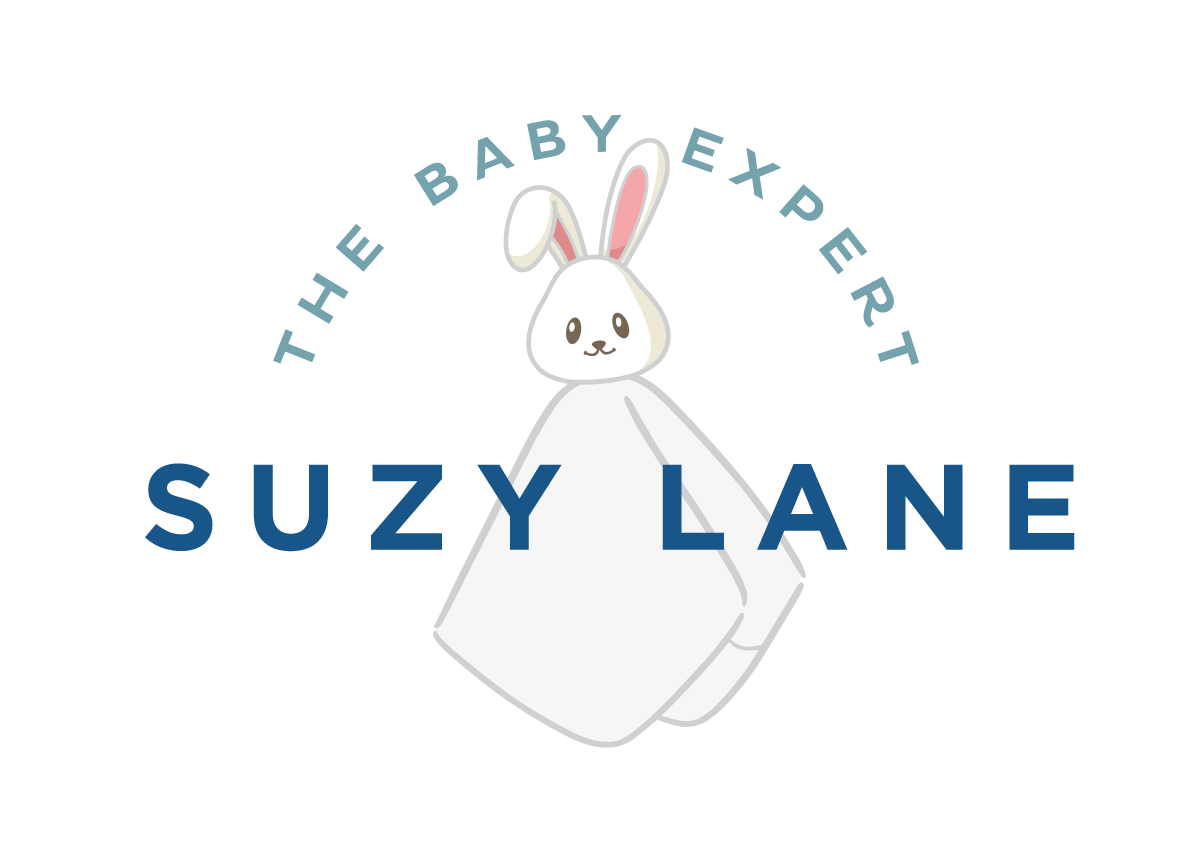Why is my baby ‘fighting’ sleep?
… one hour of extra sleep in each 24 hour period affects intelligence by two years and babies don’t always show their tiredness in ways that are obvious to us, would you believe me? Most parents unknowingly keep their baby awake too long. It’s the most common accidental baby sleep mistake.
I often hear, “My baby just doesn’t seem to need that much sleep.” Many years of caring for babies and studying the science of sleep, has taught me, amongst other things, that … one hour of extra sleep in each 24 hour period affects intelligence by two years and babies don’t always show their tiredness in ways that are obvious to us so they really do need all the sleep they can get.
We certainly can’t ignore how vital sleep is to an infant’s health (physical growth, emotional well-being, etc.) so I give parents age-appropriate sleep quotas along with sleep hygiene and then the importance of getting the right amount of sleep at the right times. In other words, how crucial it is to respect a baby’s natural body clock. I also show them, over a period of time what their infant is capable of doing sleep-wise and the difference it makes in the infant’s overall mood and development.
Just because an infant is not sleeping this doesn’t mean the infant doesn’t need to sleep. If, for example, during the first part of the day your 7-month-old baby is awake for 3-4 hour chunks of time, there is a cause for concern or if your 1-year-old is feeding frequently, not due to genuine hunger but just as the only way he knows how to get back to sleep at night, there is also a sleep concern.
Let’s not panic and certainly not lunge into trying ‘everything and anything’ to fix it. I suggest that you first recognize there is cause for concern and secondly, you make a solid plan to create consistent sleep settling habits and give your infant the sleep that is vital for his/her physical, mental and emotional development.
Most babies, but certainly not all, will let you know they’ve been awake too long because they’ll become fussy and difficult to soothe. The more placid babies or ones with reflux sometimes won’t recognize their own tiredness and just be quieter still, even calm and smiling. This is where the deceptive view comes in that this particular baby doesn’t need as much sleep as other babies of the same age.
So now is the time to ‘investigate’ your baby’s sleep signs. Observe your baby carefully and make a note of the exact time your little one last woke up. Stand back and watch him/her whilst (s)he is playing. Look for the less obvious signs of tiredness before the usual eye rubbing, glazed eye look or ‘general grumbles’. Once you’ve worked out what these signs are, this is the moment to begin helping your baby to ‘wind down’. This ‘wind down’ pattern needs to be slow and calm with consistency. Create that consistent pattern (nappy change, close curtains, read a short story if you like, etc.) so that your little one begins to recognize and eventually anticipate what comes next.
Then, be brave, put your baby gently down in the sleeping area and you will see that by doing this earlier than before, your little one will settle more readily. A reassuring hand on your baby’s chest or shoulder to ease into a drowsy state is always welcome or perhaps a little gentle and rhythmical humming, going quieter and quieter. Just remember that the more ‘actions’ you add in to try and get your baby to settle to sleep, the harder it is for your little one to learn because each action is a new ‘stimuli’ and can even delay the time it takes for your little one to go to sleep.
©suzylanebabyexpert.com
Would you like a detailed demonstration of proven, gentle sleep settling and shaping techniques? Contact Suzy for a tailor-made consultation to set you on the path towards healthy sleep habits for your little one.




